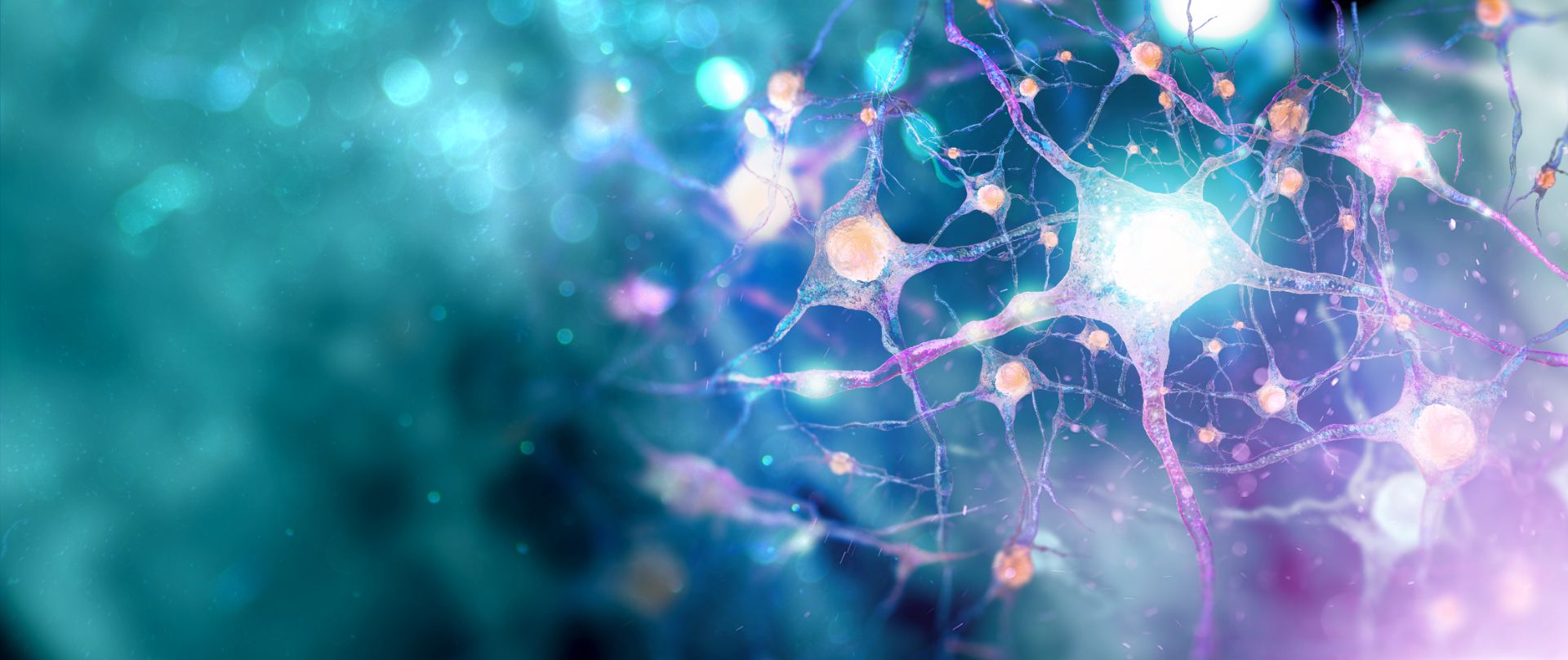UniSR research explores the correlation between depression and neuroinflammation

Major depressive disorder is a chronic, recurrent and potentially lethal disease, affecting up to 10% of the world population, for which the efficacy of treatment with traditional antidepressants is unfortunately incomplete.
After years of research on the biological bases of depression, studies involving San Raffaele University have identified inflammation as a new potential responsible mechanism, paving the way for the identification of new targets for treating the disease.
Prof. Francesco Benedetti, psychiatrist and researcher, Professor of Psychiatry and Group Leader of the Psychiatry and clinical psychobiology Unit at the San Raffaele Hospital, has dedicated years of research to this perspective of clinical immunopsychiatry; for his research, he is winner of the Fondazione Cariplo call reserved for “Research on Major Depressive Disorder and Anxiety Syndrome: prevention, early diagnosys and personalized therapy”.
Thanks to the prestigious funding, the group of Prof. Benedetti, in collaboration with Dr. Ginetta Collo, researcher at the Department of Molecular and Translational Medicine of the University of Brescia, will be able to “study the causes of the disease at the brain cells level”.

Major depressive disorder and biomarkers of depression
The project focuses on people diagnosed with major depressive disorder (MDD) with anxiety, a chronic, recurrent and life-threatening condition that affects up to 10% of the population worldwide.
Dr. Elena Beatrice Mazza, researcher at the Psychiatry and clinical Psychobiology Unit and project communication coordinator, states:
Unfortunately, to date the effectiveness of the first treatment with traditional antidepressants is incomplete: between 60% and 70% of patients do not experience remission of symptoms, while between 30% and 40% do not respond to treatment. Furthermore, the presence of the “anxious state” specifier aggravates the clinical picture with a greater suicidal risk, a longer duration of the disease and a greater drug resistance.
To date, our research has shown that major depressive disorder is associated with an alteration of the white matter [one of the two main components of the central nervous system, Ed.] in the critical circuits for emotional and cognitive processing, and with an alteration of the immune system, which sees a greater production of inflammatory cytokines, molecules identifiable as “chemical messengers”.
The presence of both phenotypes favors chronicity and greater suicidal risk.
Greater knowledge on the biochemical, symptomatological and physiological aspects of major depressive disorder with the presence of a drug-resistant anxiety state will strengthen research on biomarkers of depression and provide potential support in clinical decision-making, allowing for implementation and identification of more and more specific and personalized treatments and therapies, thus bringing us closer to the concept of Precision Medicine.

San Raffaele University research project
“Our experiment – explains Prof. Benedetti – provides for a careful selection of patients diagnosed with major depressive disorder associated with anxious states who present both an alteration of the white matter, investigated by structural magnetic resonance imaging (MRI), and an increase of inflammatory markers. From each patient will be obtained, from a blood sample, induced pluripotent stem cells (iPSC), which then, suitably treated in vitro will be transformed into cells of the nervous system, and in particular into the cells that make up the white matter [i.e. oligodendrocytes]. These cells, genetically identical to the brain cells of the patients themselves, will then be stimulated with pro-inflammatory substances to observe their behavior in such a way as to identify any differences in response compared to healthy subjects. Comparing the effect of inflammatory stimuli on patients’ brain cells, and in particular on those of white matter, with what we observe in healthy people, will help us understand the mechanism underlying the alterations we observe in our patients’ brains”.
The innovative use of this technique will therefore allow the identification of new biomarkers useful for defining a predictive biomedical model of major depressive disorder, thus facilitating the early diagnosis of the disorder and improving its prognosis. This knowledge will also make it possible to act in terms of prevention thanks to the identification of the population at risk, thus reducing the high costs of the National Health System.

The study funded by the Cariplo Foundation
Prof. Benedetti concludes:
This study represents the culmination of years of research on the biological basis of depression. When I started studying this pathology, the assumption was that psychiatric disorders are functional disorders, linked to the moods of patients, motivated by their personal history or by unconscious psychological dynamics.
I have always considered psychiatry a specialized discipline of the medical clinic, and identifying inflammation as one of the pathogenetic mechanisms underlying depression has made it possible to discover new targets for the treatment of this disease: now, with this project we will be able to study the causes of the disease already in the cells of the brain. We expect a quantum leap in understanding the disorder, and in treating it. It will also be a great training opportunity for young Italian researchers who will be able to perfect themselves in highly advanced research techniques.
Tags:
You might be interested in
/resolutions/res-c660x528/Pensa_Aorta_Congresso_UniSR-(3).png)
UniSR hosts the launch of the “Pensa all'Aorta” campaign

UniSR PhD Courses 2025-2026
0/resolutions/res-c660x528/Cassandra_studio_pazienti_pancreas_UniSR-(1)0.png)
Pancreatic Cancer: New Treatment Guidelines Arising from a Patient-Funded Study
/resolutions/res-c660x528/Milani_terapia_genica_UniSR-(1).png)
